
Rafael Luis Bras is a Puerto Rican civil engineer best known for his contributions in surface hydrology and hydrometeorology, including his work in soil-vegetation-atmosphere system modeling.
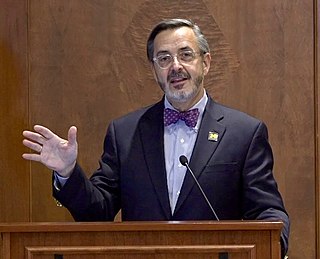
Domenico Grasso is an American engineer, professor and the sixth chancellor of the University of Michigan–Dearborn. He has previously served as provost of the University of Delaware, vice president for research and dean of two different colleges at the University of Vermont. Grasso is Smith College's Picker Engineering Program's founding director.
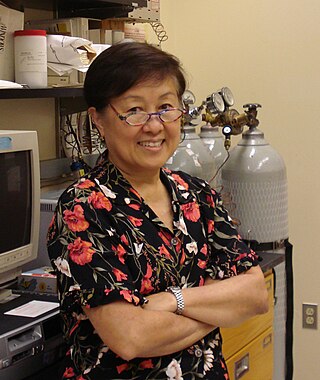
Lily Young is a distinguished professor of environmental microbiology at Rutgers New Brunswick. She is also a member of the administrative council at Rutgers University. She is the provost of Rutgers New Brunswick. She is a member of the Biotechnology Center for Agriculture and the Environment and has her academic appointment in the Department of Environmental Sciences.

Gedeon Dagan is a professor emeritus of hydrology, School of Mechanical Engineering, Faculty of Engineering, Tel Aviv University, Israel.
Simin Nikbin Meydani is an Iranian-American nutrition scientist and professor who is the Vice Provost of Research at Tufts University.
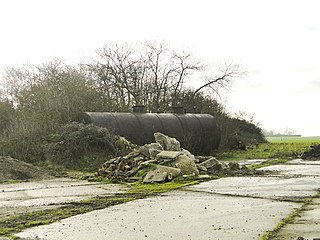
Non-aqueous phase liquids, or NAPLs, are organic liquid contaminants characterized by their relative immiscibility with water. Common examples of NAPLs are petroleum products, coal tars, chlorinated solvents, and pesticides. Strategies employed for their removal from the subsurface environment have expanded since the late-20th century.

Bruce E. Rittmann is Regents' Professor of Environmental Engineering and Director of the Swette Center for Environmental Biotechnology at the Biodesign Institute of Arizona State University. He was also elected a member of the National Academy of Engineering in 2004 for pioneering the development of biofilm fundamentals and contributing to their widespread use in the cleanup of contaminated waters, soils, and ecosystems.

Diane McKnight is a distinguished professor of civil, environmental, and architectural engineering at the University of Colorado Boulder and a fellow at the Institute of Arctic and Alpine Research (INSTAAR). McKnight is a founding principal investigator of the National Science Foundation's Long-Term Ecological Research (LTER) program in the McMurdo Dry Valleys of Antarctica.
Reza Abbaschian is an Iranian/American engineer, currently the William R. Johnson, Jr. Family Professor, Distinguished Professor of Mechanical Engineering and the former Dean of the Bourns College of Engineering and, also formerly the Vladimir Grodsky Professor of Materials Science at University of Florida. In 2006, he was elected to the American Association for the Advancement of Science, The Minerals, Metals and Materials Society and ASM, the latter of which he was a former president.
Lisa Alvarez-Cohen is the vice provost for academic planning, Fred and Claire Sauer Professor at the University of California, Berkeley. She was elected a member of the National Academy of Engineering in 2010 for the discovery and application of novel microorganisms and biochemical pathways for microbial degradation of environmental contaminants. She is also a Fellow of the American Society for Microbiology.
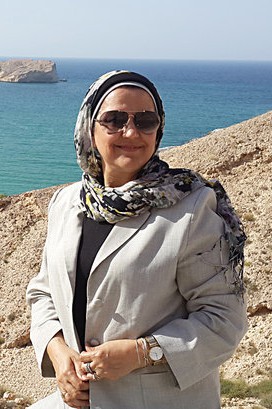
Souad Naji Al-Azzawi is an Iraqi environmentalist and academic researcher in various engineering disciplines, in addition to having established and assisted in the establishment of multiple research & academic institutions in Iraq. With more than 50 published scientific papers on topics ranging from water desalination, nuclear waste management, and Depleted Uranium contamination among others, she is a distinguished member of the Iraqi scientific community and the first Arab to receive the Nuclear-Free Future Award.
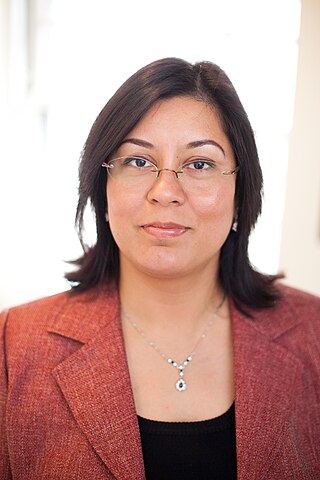
Shaily Mahendra is an Indian-American civil and environmental engineer. She is an associate professor of civil and environmental engineering at the University of California, Los Angeles (UCLA).

H. Keith Moo-Young, also known as Keith M. Young, is the Vice Provost and Dean of the undergraduate education of the Rensselaer Polytechnic Institute, one of America's preeminent engineering schools. From 2013 to 2018, he served as the Chancellor at Washington State University. From 2006-2013, he was the Dean of Engineering at California State University, Los Angeles. Dr. Moo-Young was the Associate Dean for Research and Graduate Studies at Villanova University, where he also served as Interim Dean from 2004 to 2006.
Michelle Marie Scherer is the current Dean of the College of Engineering at Michigan Technological University. She previously served as the Donald E. Bently Professor of Engineering at the University of Iowa. Her research considers environmental geochemistry, in particular redox-reactions at mineral-water interfaces. In 2009 she was awarded the Association of Environmental Engineering and Science Professors Distinguished Service Award.
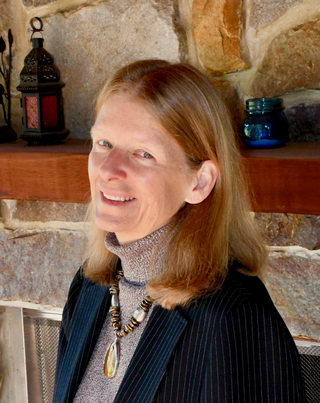
Laura J. Pyrak-Nolte is an American geophysicist who is Distinguished Professor of Physics and Astronomy at Purdue University. She is the former President of the International Society of Porous Media and former President of the American Rock Mechanics Association. In 2020 Pyrak-Nolte was awarded the Society of Exploration Geophysicists Reginald Fessenden Award. She is a Fellow of the American Geophysical Union.
Christine Sharon Grant is an American chemical engineer who is the Associate Dean of Faculty Advancement at North Carolina State University. Her research considers surface and environmental science. She is the 2022 President of the American Institute of Chemical Engineers.
Beth L. Parker is a hydrogeologist and professor at the University of Guelph who has made exceptional contributions to the science and practice of Contaminant Hydrogeology and the protection of groundwater from contamination, that have been adopted internationally to protect water supplies in Guelph and many other communities.
Kalliat T Valsaraj is a chemical engineer professor.
Sharon L. Walker is an American environmental engineer whose research concerns the movement of bacteria and nanoparticles through liquid and porous media, and applications to food safety and water quality. She is dean of the Drexel University College of Engineering, a distinguished professor in the Drexel Department of Civil, Architectural and Environmental Engineering, and executive director of the ELATES leadership training program for women in STEM fields.











